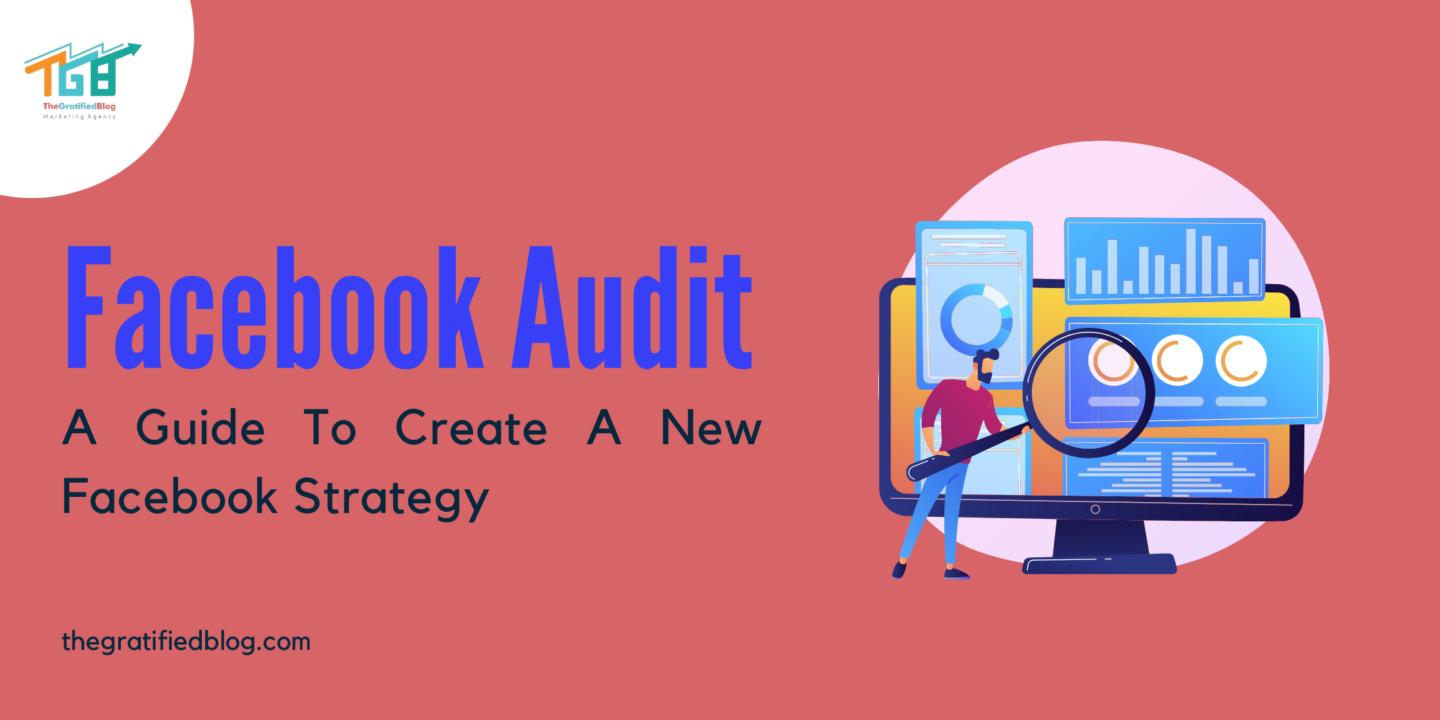
Social media has become indispensable to any organization’s marketing strategy in the modern digital marketing era. Since Facebook is one of the most extensive social media platforms, it presents a vast potential. Engage with potential customers and establish connections with current ones. Nevertheless, a Facebook audit is crucial to maximizing the benefits of having a Facebook Page.
By conducting a Facebook audit, you can review the performance of your Facebook Page, ensure conformity with Facebook’s policies, and pinpoint areas where improvements can be made.
In this article, we will delve into the process of conducting a Facebook Audit for businesses and organizations, providing the reasons behind conducting an audit, the steps to carry out the audit, and the key elements to look for during the process.
Ultimately, we will emphasize the significance of conducting a Facebook Audit and its potential benefits for businesses’ digital marketing strategies for tremendous success.
So, let’s get started.
Why Conduct A Facebook Audit?
Given Facebook’s critical role in many businesses’ marketing strategies, ensuring that your page meets its intended goals and delivers value is crucial. This is where a Facebook audit can help.
A Facebook audit is a thorough review of your page and its associated analytics to assess whether your page is aligned with your business objectives and identify areas for improvement. Conducting a Facebook audit is essential for the following reasons:
- Identify Areas For Improvement
It can help you identify areas where your page could be improved.
For example, if you need to post more frequently, a Facebook audit can highlight this and help you develop a plan to increase your posting frequency. Or, if your engagement metrics are low, a Facebook audit can help you identify why this might be the case and develop a plan to improve engagement.
- Monitor Engagement And Reach
Facebook’s algorithms constantly change, and keeping up with these changes can be challenging. A Facebook audit can help you monitor your organic social media engagement and reach and determine whether your content strategy is effective.
- Maintain Brand Consistency
Your page is an extension of your brand. It’s essential to ensure that your page is consistent with your brand’s messaging, voice, and visual identity. A Facebook audit can help you identify areas where your page may not be consistent with your brand and develop a plan to address these issues.
- Ensure Compliance With Facebook’s Policies
Facebook has strict policies that businesses must follow. Breach of these policies may lead to Consequences encompassing sanctions and penalties, without limitation page suspension or removal. A Facebook audit can help identify policy violations and ensure your page complies.
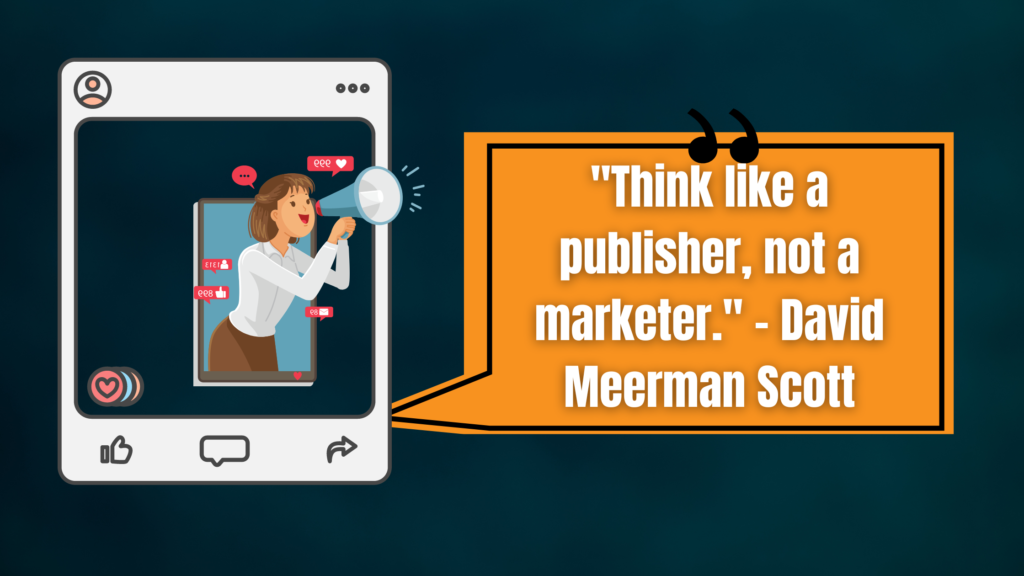
How To Conduct A Facebook Audit
To ensure that a business’s Facebook page is aligned with its marketing goals and delivering value, it is crucial to conduct a Facebook audit.
So, here are the steps that show how to conduct a comprehensive Facebook audit:
Review Page Information
The first step in conducting a Facebook audit is to review and update your Facebook Page’s essential information, which includes your Page name, profile picture, cover photo, about section, and contact information. Ensuring this information is accurate, up-to-date, and consistent with your brand’s image is essential.
- Profile Picture and Cover Photo: Your profile picture and cover photo should be visually appealing, high-quality, and relevant to your brand. Make sure that they align with your brand’s values and messaging.
- About Section: Your About section should clearly describe your brand, products, and services. Ensure that the information is complete, accurate, and up to date.
- Contact Information: Make sure your contact information, including your website, email, phone number, and address, is correct and visible on your Facebook Page.
These small things help you establish trust with your audience and showcase your dedication to your brand’s image.
Analyze Content Strategy
This step involves analyzing your content type, how frequently you post, and your audience’s engagement.
- Post Frequency: Analyze the frequency of your posts to ensure that you are posting enough content to keep your audience engaged without overwhelming them.
- Content Relevance: Ensure your content is pertinent to the topic, brand, and audience. Evaluate the effectiveness of various content types, such as videos, images, or text posts, to see what resonates best with your audience.
- Use of Visuals: Use high-quality visuals to make your content more engaging and attractive. Visual content, including images and videos, outperforms posts solely consisting of text.
- Content Format: Analyze the format of your content to see if it aligns with your brand’s messaging and values. Use a consistent tone and voice in your posts.
Examine Engagement Metrics
This step involves analyzing your Facebook page’s engagement metrics like likes, comments, shares, and post reach.
- Likes, Comments, Shares: Analyze and Examine the engagement metrics, such as likes, comments, and shares, your posts garner to assess if your content resonates with your audience.
- Post Reach: Examine the extent of your posts’ reach to determine whether your target audience is seeing your content.
- Audience Demographics: Analyze your audience’s demographics to see if you reach the right people.
Check For Compliance With Facebook’s Policies
This step involves ensuring that your Facebook Page is compliant with Facebook’s policies and guidelines.
- Community Standards: Facebook’s Community Standards outline the rules for what is and is not allowed on the platform. That includes content related to hate speech, violence, and nudity. As part of a Facebook audit, reviewing these standards and ensuring that your content is compliant is essential.
- Advertising Policies: Facebook’s Advertising Policies cover various topics related to advertising on the platform, including ad content, targeting, and creative elements. If you are running Facebook Ads, reviewing these policies and ensuring that your ads comply with Facebook’s guidelines is crucial.
Evaluate Competitor Pages
This step involves analyzing the content and engagement metrics of your competitor’s Facebook Pages. That will help you identify areas for improvement and learn from their strategies.
- Content Strategy: Evaluate competitor content strategy on Facebook by assessing post frequency, content types (images, videos, articles), and post quality. Identify patterns, themes, and successful approaches competitors use to get social media post ideas.
- Engagement Metrics: Assess competitor engagement on Facebook by analyzing likes, comments, shares, and reactions to their posts. Analyze audience engagement levels and identify post types that generate the most interaction. Obtain a deeper understanding of what connects with your target audience.

Develop Action Plan
This step involves developing an action plan based on the insights gathered during the audit. The action plan should include specific goals, strategies, and tactics to improve your Facebook Page’s performance.
- Goals: Set specific goals for your Facebook Page, such as increasing engagement or reach.
- Strategies: Develop strategies to achieve your goals, such as posting more frequently or using more visuals.
- Tactics: Develop specific tactics to implement your strategies, such as creating a content calendar or using Facebook Ads.
Tools For Facebook Audit
There are several tools available that can help you conduct a Facebook audit more efficiently and effectively. Here are five useful tools for Facebook audits:
- Facebook Insights
It is a built-in analytics tool that provides valuable information about your Page’s performance. You can analyze engagement metrics, post reach, audience demographics, and more.
It is a social media management tool with a Facebook audit feature. This tool will analyze your Facebook Page’s performance and compare it to your competitors.
You can track engagement metrics, monitor your brand’s reputation, and develop a data-driven content strategy.
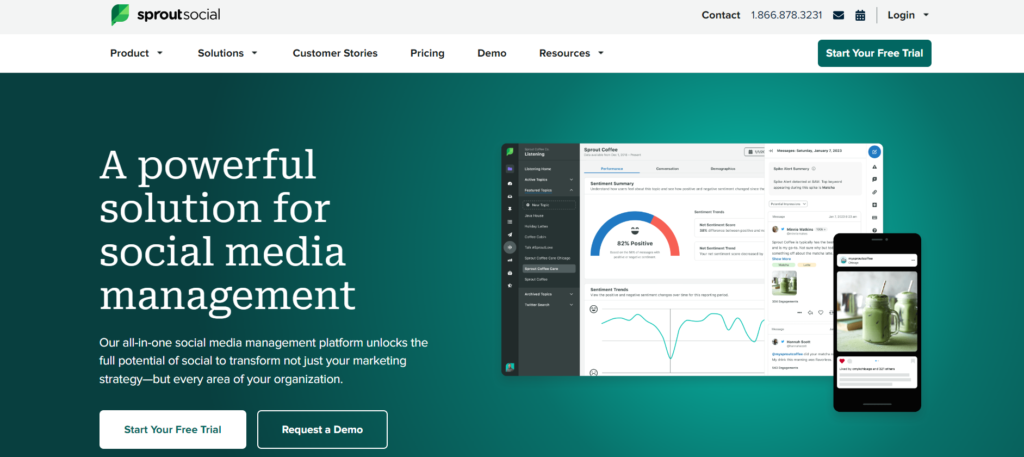
- Agorapulse
Agorapulse is an alternative social media management tool with a Facebook audit feature. This tool tracks engagement metrics, analyzes your content strategy, and monitors your brand’s reputation.
Agorapulse also includes a helpful “Facebook Barometer” feature that compares your Page’s performance to industry benchmarks.
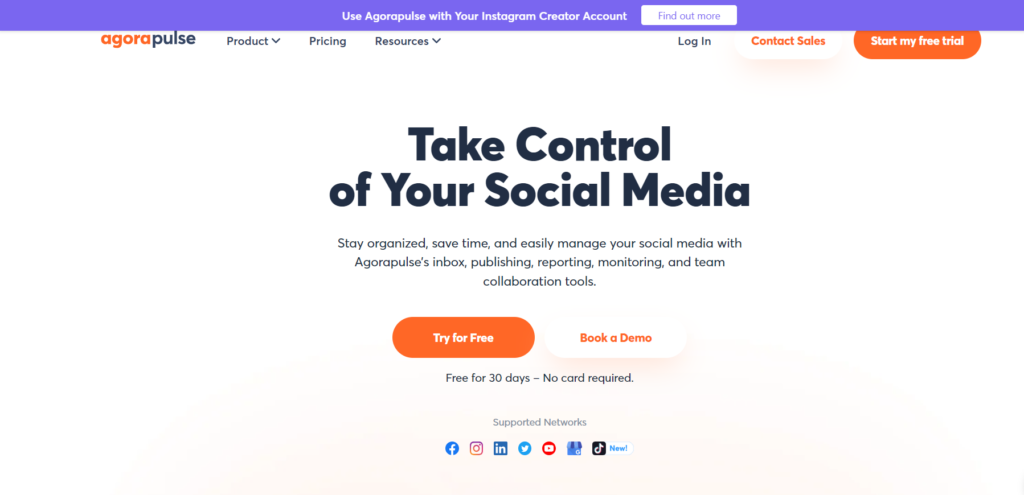
- Hootsuite Insights
This tool is a social media analytics platform that provides valuable insights into your Facebook Page’s performance. You can analyze engagement metrics, track trends, and monitor your brand’s reputation.
Hootsuite Insights also includes a helpful ” Listening ” feature, Enabling you to oversee discussions on social media and identify relevant keywords.

- SEMrush
It’s an all-in-one digital marketing tool that includes a Facebook audit feature. This tool enables you to assess and analyze your Facebook data Page’s performance, track engagement metrics, and monitor your brand’s reputation.
SEMrush also includes a powerful “Social Media Poster” functionality that lets you plan and publish content to your Facebook page directly from the tool on a set schedule.
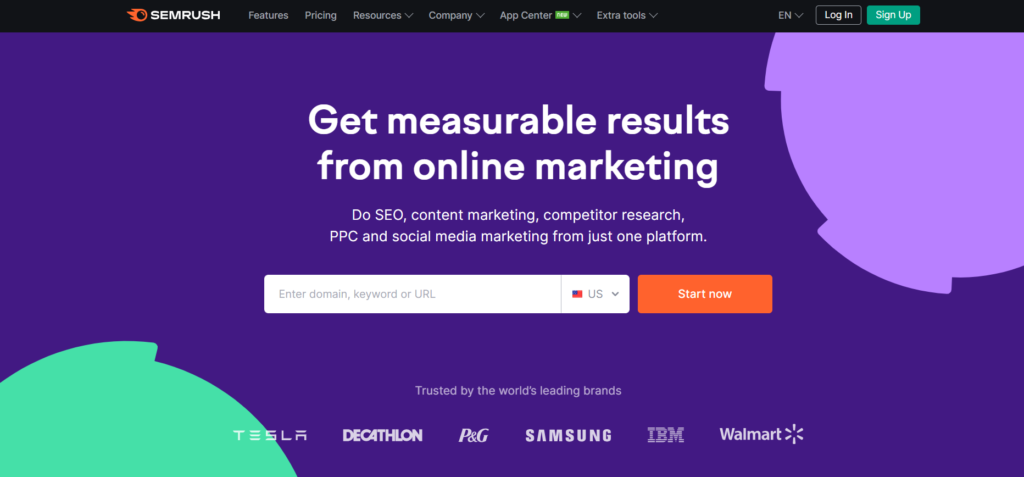
Final Thoughts
Now that you are clear on the term Facebook Audit Try conducting one with your own Facebook page and see what strategy you can generate from the audit.
If you need help understanding this blog, please leave your comments below. We will be happy to help you.
Thanks for reading 🙂






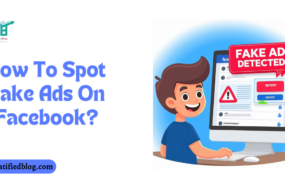
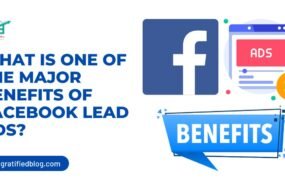
No Comments